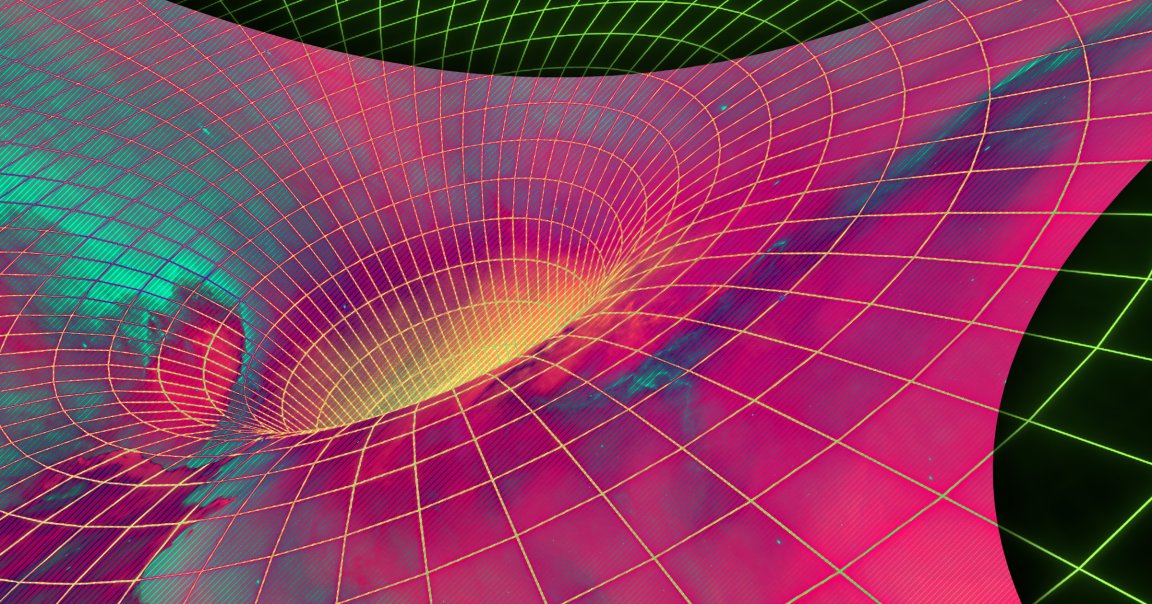
Bubble Bath
In a new paper, physicists argue that extradimensional holes known as “bubbles of nothing” could cause the universe to consume itself from the inside out, Motherboard reports.
Three researchers from the University of Oviedo in Spain and the University of Uppsala in Sweden submitted a paper, appropriately titled “Nothing Really Matters,” to the Journal of High-Energy Physics this month — about a hypothetical, mind-bending hole that could destroy the entire universe.
Beyond Infinity
The paper revives a theory that dates back to 1982, by theoretical physicist Edward Witten.
“A hole spontaneously forms in space and rapidly expands to infinity, pushing to infinity anything it may meet,” Witten wrote in his paper.
Physicists have long posited that most of our universe is made up of nothingness, or vacuum. Anything in a more “excited” or unstable state tends to decay to lower energy states by releasing energy. That means our universe is relatively stable.
False Vacuum
But now, scientists, including the ones behind the new paper, are questioning this conclusion, suggesting that the universe is experiencing a “false vacuum,” and hasn’t truly transitioned to its least excited and most stable state. The result: a “bubble of nothing” that could “‘eat’ all of spacetime, converting it into ‘nothing,'” Marjorie Schillo, lead author from Uppsala University, told Motherboard.
While others have claimed such an event is impossible since it would’ve already happened, the theory could help us understand the creation of the universe, according to Schillo.
READ MORE: Physicists Are Studying Mysterious ‘Bubbles of Nothing’ That Eat Spacetime [Motherbaord]
More on the universe: New Theory Could Solve Universe’s Biggest Paradox